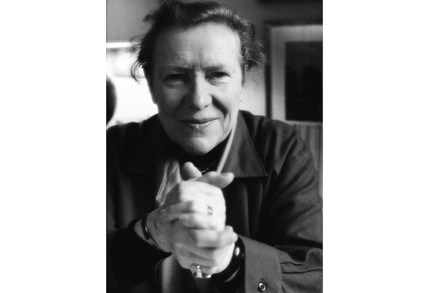A brutal education: At Night All Blood is Black, by David Diop, reviewed
More from BooksAlfa Ndiaye, a Senegalese soldier fighting for France in the trenches of the Great War, is consumed by bloodlust, which you’d think might be an asset under the circumstances. But after watching the protracted, gruesome death of his friend and ‘more than brother’, Mademba, a switch is flicked in Alfa’s mind. He becomes, in effect,






























